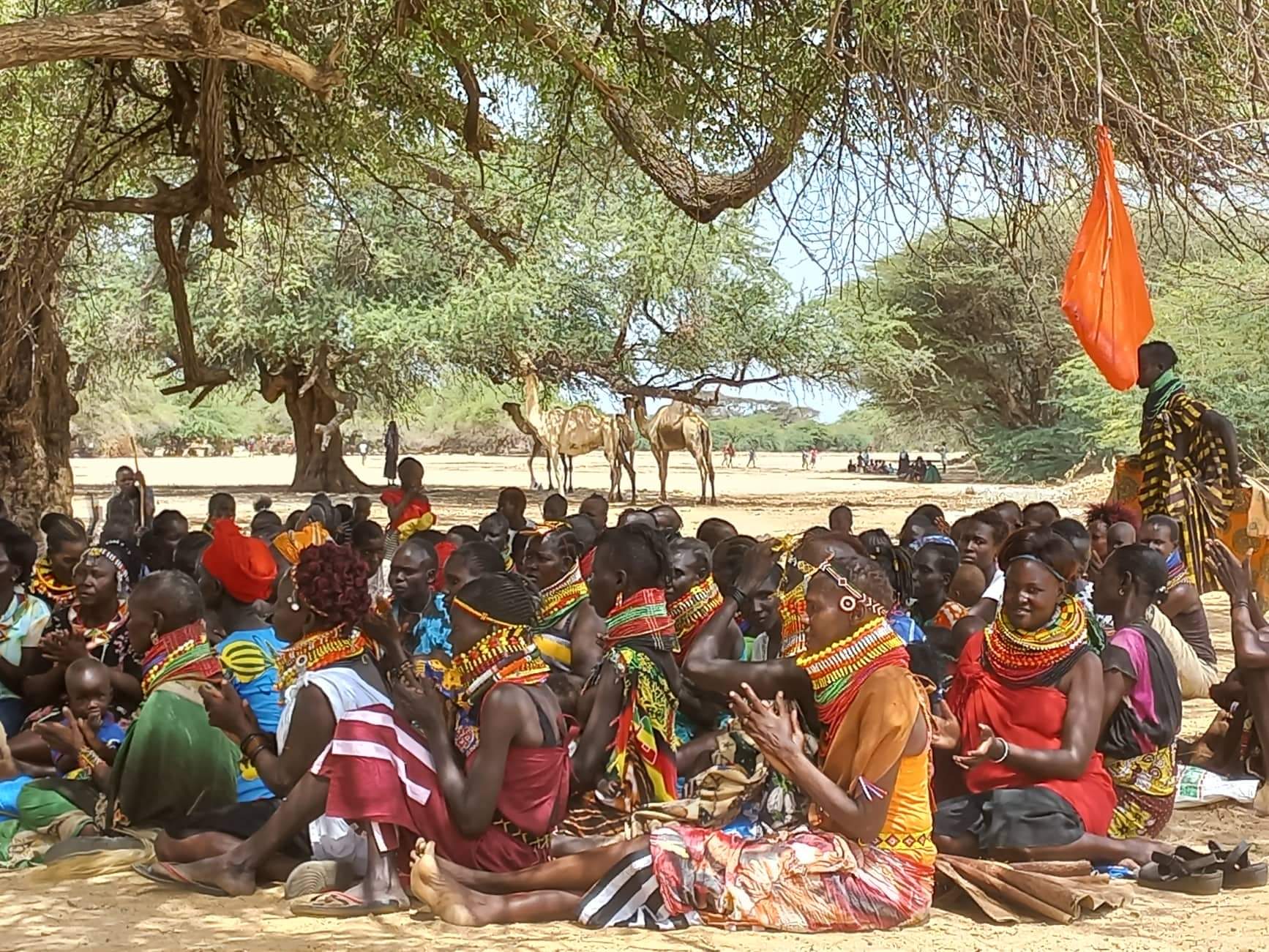
A global crisis affecting food prices is extending way beyond Ukraine
Author: Mark Redwood, SPARC Executive Director, Cowater International
The Russian invasion of Ukraine is having a devastating impact on the Ukrainian economy, but it is also impacting the economies of other countries, particularly in Africa, through price increases of agricultural supplies, food products and oil. Some of the most affected countries in the Africa region – Burundi, Djibouti, Ethiopia, Mali, Sierra Leone, Sudan, to name a few – are experiencing to varying degrees the compounded effects of rising food prices against the backdrop of climate emergencies, conflict and fragility.
Cowater International is one of the leading development organizations rapidly pivoting our work to understand the long-term implications of higher food prices. A recent analysis carried out by the Cowater-led Supporting Pastoralism and Agriculture in Recurrent and Protracted Crises (SPARC) Programme has looked into policy options to address food security in potentially vulnerable countries.
I discussed the main findings of this study and the broader global food security context during a recent event hosted by Canada’s International Development Research Centre (IDRC). Without a doubt, there will be serious impacts on the poor as food costs rise. Governments will need to address this through safety net programmes, including targeted cash transfers to farmers and pastoralists. However, some opportunities may arise. For example, high prices obviously can lead to benefits for some farmers and pastoralists if they are able to take advantage of them. What took place under COVID-19 can be instructive. In 2021, the Hajj was cancelled – an obviously smart measure to prevent the spread of COVID-19. SPARC did some work on what this meant for farmers and pastoralists in East Africa, many of whom supply food (meat) to the millions of migrants who travel to Saudi Arabia. As a result of the Hajj cancellation, the bottom dropped out of the meat market in East Africa because a lot of meat is shipped across Red Sea to Saudi Arabia from Somalia, Ethiopia, Sudan and other countries. The market response was quick and impactful. Private firms and traders, together with farmers and agro-pastoralists helped to adapt to the challenge, by diversifying production, helping to raise the output of foods that were in demand in domestic markets.
In other words, this crisis is a useful reminder that high prices can also be an opportunity for some parts of the economy. How can this opportunity be leveraged to build resilience and support consumers and producers?
First, it is time to renew our investments into food security programmes, especially those with a preventative bent. As the literature on anticipatory action is increasingly showing, effective use of forecasts, scenarios, and anticipating what actions might be required can help deliver significant long-term benefits.
Such adaptive measures can include crop planting cycles, understanding the crisis calendar and adjusting accordingly, diversification, and adapting consumer behaviours to shift towards more locally-produced foods. In other words, this crisis is a reminder that agriculture programmes are still fundamental in aid. This is especially true for those that target disadvantaged groups within the food system, such as women, children and the most vulnerable. Together with IDRC, SPARC is supporting research on the specific impacts on women and children in Nigeria and South Sudan.
Second, reinforcing local production of local foods helps to insulate countries from distant conflicts and the resultant trade and production disruptions.
Most of the commodities affected by the ongoing war in Ukraine are essential imports for many African countries, but there is an opportunity to replace them by encouraging more production of local native grains and foods. For example, Mali has been very successful in raising the production of local staples – rice, millet and sorghum – thereby reducing their dependence on imports. Being less reliant on imports means having a more resilient domestic food system. It also means having more sovereignty over food production.
The development of local markets, alongside trade and regional integration across the African continent can build long-term resilience in the face of food price increases, particularly in the most vulnerable countries. In addition to more local food production, countries in Africa need more regional food production to ensure predictable supplies and cushion future price shocks. In East Africa, Tanzania’s impressive agricultural sector development over the past three decades has built greater prosperity for the country’s smallholder farmers, while providing neighboring Kenyans with competitive and high-quality agricultural goods. This model can be successfully emulated in other regional contexts.
Related Content
Protecting watersheds and combating desertification, the ESEPV-Sahel project in Burkina Faso is committed to supporting local communities
Overview Heavily dependent on rain-fed agriculture and livestock breeding for their livelihoods, people in the Sahel region of Burkina Faso are particularly vulnerable to the impacts of climate change. According […]
Addressing Climate-Induced Drought and Desertification in Ghana: A Community-Centric Approach
With global temperatures hitting record highs and rainfall patterns becoming increasingly erratic, the dire consequences of climate change, such as drought, land degradation, storms and floodings are intensifying. In countries […]







